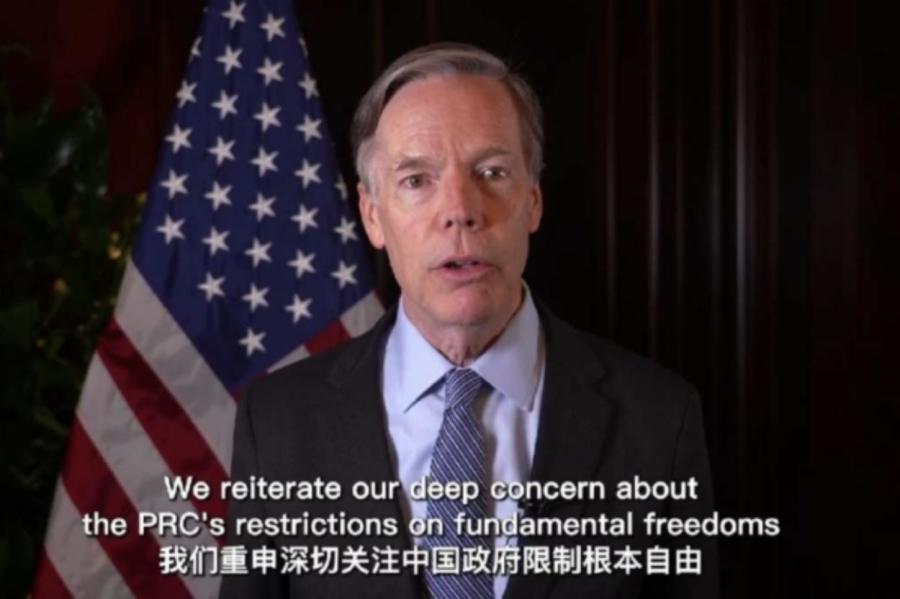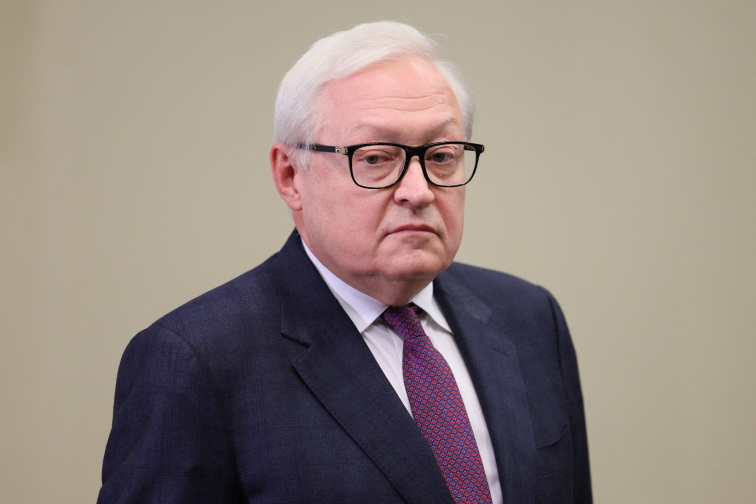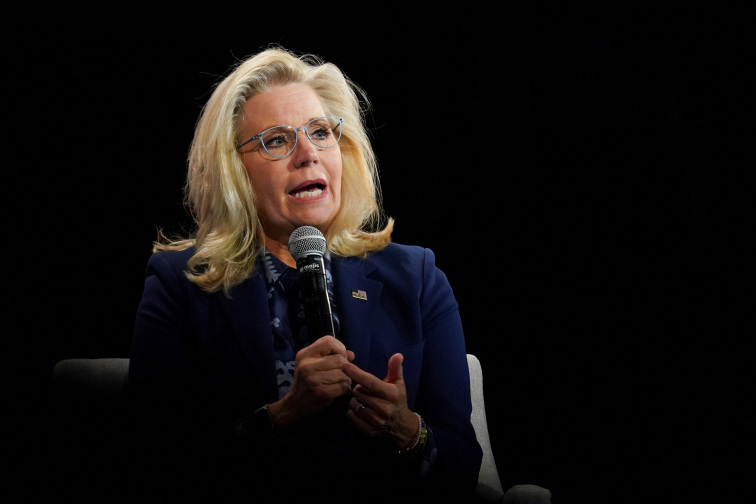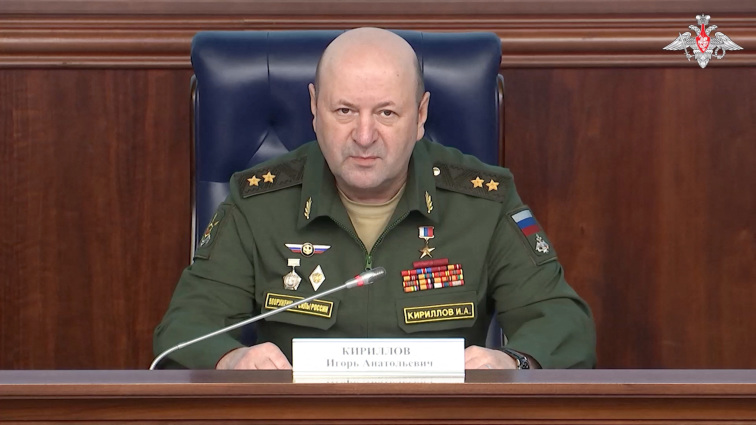On December 10, 2024, U.S. Ambassador to China Nicholas Burns issued a video statement condemning human rights violations by the Chinese Communist Party (CCP). (Screenshot from the U.S. Embassy in China video)
[People News] On World Human Rights Day, U.S. Ambassador to China Nicholas Burns released a video statement reiterating the United States’ concerns over human rights violations in China.
According to a report by Radio Free Asia, December 10 marks World Human Rights Day. On December 13, the U.S. Embassy in China’s account on the American social media platform X (formerly Twitter) disclosed that Ambassador Burns' statement was censored by the CCP and deleted from Chinese platforms Weibo and WeChat.
What did Ambassador Burns say in his statement? Why is it significant? And why was it deleted from Weibo and WeChat? Before analyzing these questions with Chinese political scholar Qiu Jiajun later in the program, let’s first review the content of Ambassador Burns’ World Human Rights Day video statement.
Excerpts from Ambassador Burns’ World Human Rights Day Statement
(The following Chinese translation was provided on the U.S. Embassy in China’s website, with AI voiceover.)
"Today, the United States joins the international community in celebrating the 76th anniversary of the Universal Declaration of Human Rights. This declaration envisions a world where everyone enjoys freedom of speech and belief, and lives free from fear and want—a testament to the aspirations of ordinary people everywhere.
As we reflect on the meaning of World Human Rights Day, the United States reaffirms its deep concerns about the Chinese government’s failure to uphold its international commitments to protect the human rights and fundamental freedoms outlined in the Universal Declaration of Human Rights. Particularly in light of the unjust trials of pro-democracy figures like Jimmy Lai in Hong Kong, we call on the Chinese government to stop its ongoing human rights abuses in Xinjiang, Tibet, and Hong Kong. We also reiterate our grave concern over the CCP’s restrictions on fundamental freedoms and its transnational repression.
The United States stands in solidarity with Chinese citizens who face punishment for defending human rights, standing up for human dignity, or simply expressing their beliefs or participating in religious and cultural activities. We continue to call for the immediate and unconditional release of individuals unjustly detained by the Chinese government, including Gulshan Abbas, Ekpar Asat, Rahile Dawut, Ding Jiaxi, Shira Gyaltsen, Jimmy Lai, Ilham Tohti, and all others.
The Universal Declaration of Human Rights clearly states that recognition of the inherent dignity and equal and inalienable rights of all members of the human family is the foundation of freedom, justice, and peace in the world.
Once again, we urge the Chinese government to examine its human rights practices, fulfill its commitments to international human rights standards, and honor the promises it has made to its own people."
(End of statement)
On December 10, 1948, the United Nations General Assembly adopted the Universal Declaration of Human Rights. At the time, 48 countries, including the United States and China, voted in favor. The Universal Declaration of Human Rights is not only the first document in the world to articulate basic human rights but also represents the signatory countries’ commitment to upholding these rights. The United Nations designated December 10 as World Human Rights Day to remind governments and people of the importance of respecting and protecting human rights.
According to information from the U.S. Embassy in China’s website, in his World Human Rights Day statement, Ambassador Burns specifically called for the immediate release of the following individuals detained by the Chinese government: Dong Yuyu, Gao Zhen, Gui Minhai, Guo Feixiong, Huang Xueqin, Lu Siwei, Wang Jianbing, Xu Yan, Xu Zhiyong, Yu Wensheng, and Zhang Zhan.
The U.S. Embassy’s account on X (formerly Twitter) noted that although Ambassador Burns’ statement was deleted from Weibo and WeChat, the United States will not stop exposing the Chinese government’s shocking human rights practices.
Screenshots shared by this account from the WeChat platform revealed the justification given for deleting Ambassador Burns’ statement. The platform indicated that the content could not be viewed due to violations of rules, stating that “this content violates the Regulations on the Administration of Internet User Public Account Information Services” following related complaints.
What does it signify that China’s internet censorship mechanism deleted this statement from Weibo and WeChat? To explore these questions, we present an excerpt from an interview with Chinese scholar Qiu Jiajun, who resides in the United States.
One comment left on the U.S. Embassy’s account on X captured attention: "This is what ‘real’ freedom of speech looks like. If Americans are treated like this, imagine how much worse it must be for the Chinese."









News magazine bootstrap themes!
I like this themes, fast loading and look profesional
Thank you Carlos!
You're welcome!
Please support me with give positive rating!
Yes Sure!